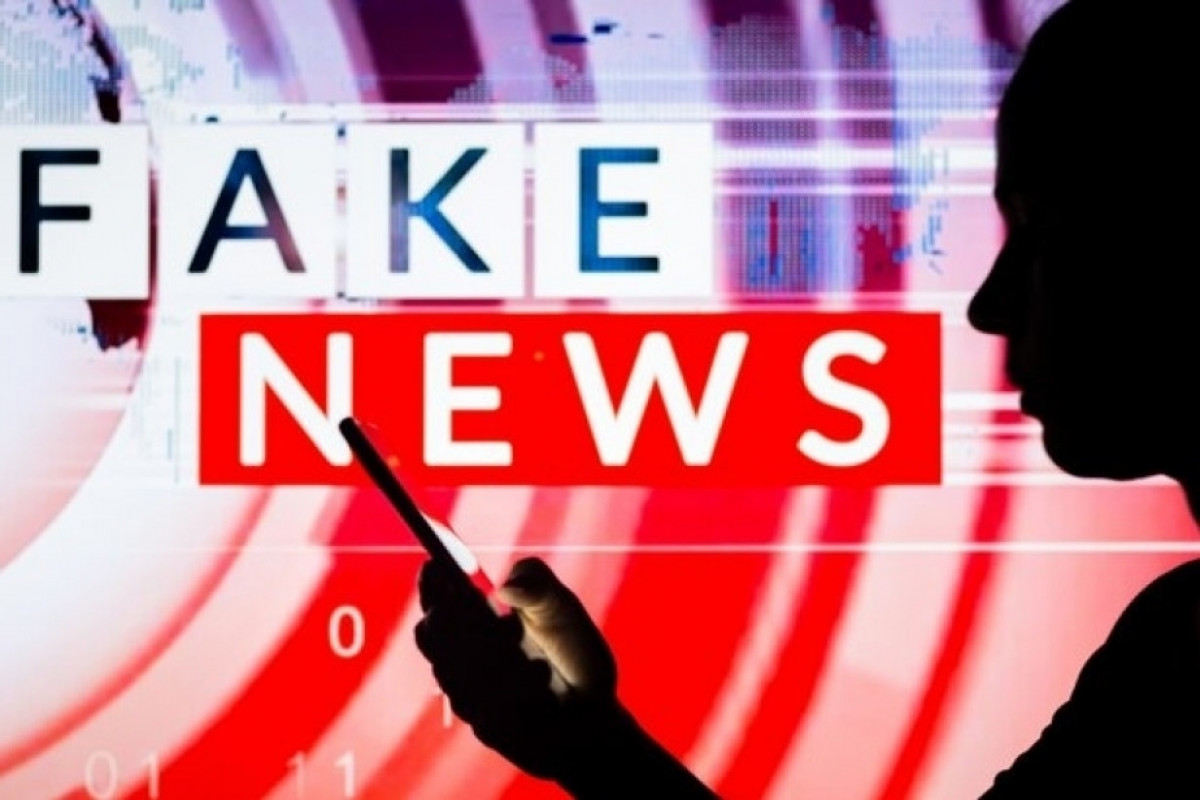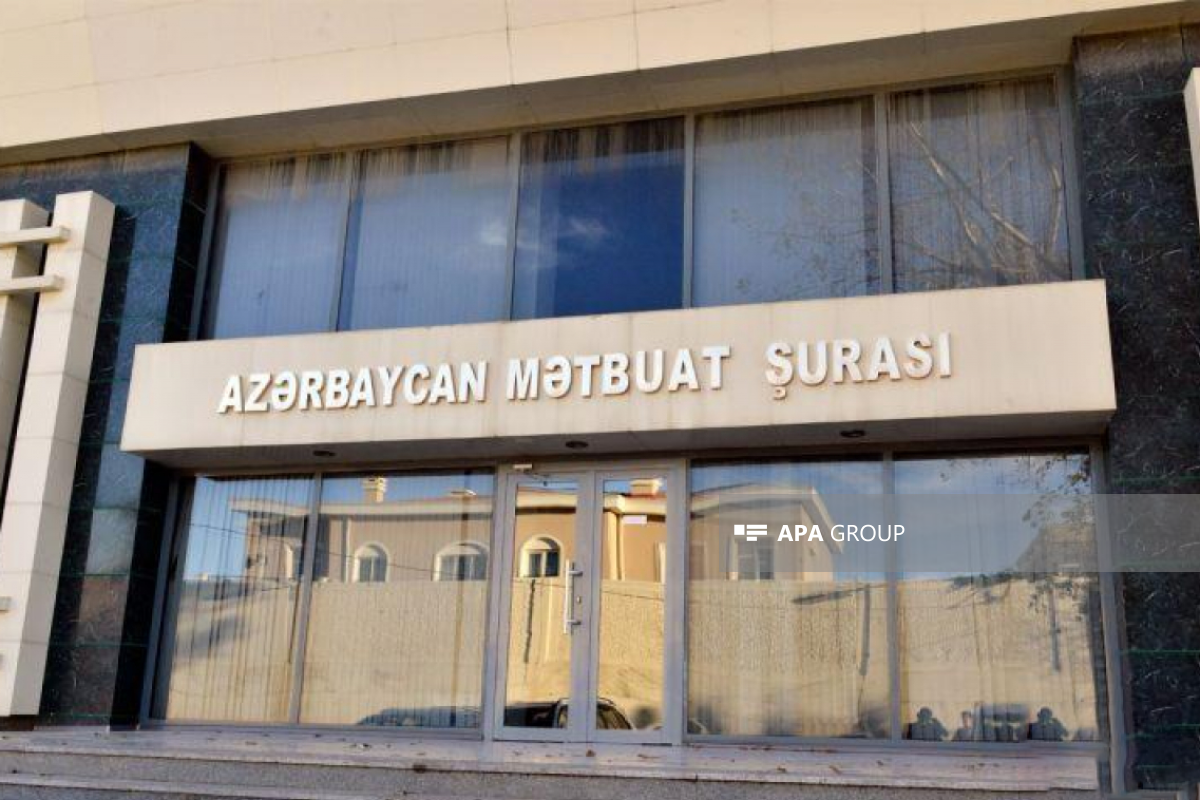Venezuelan opposition leader Juan Guaido on Monday called on supporters to continue taking to the streets to protest power and water shortages, as the government of President Nicolas Maduro appeared prepared to begin a rationing program, ONA reports citing Reuters.
Scattered protests continued throughout several working-class neighborhoods of the capital Caracas on Monday, with small groups of people blocking roads demanding water be returned after a week of intermittent blackouts that have left many areas without electricity.
That followed demonstrations around Caracas on Sunday night when police fired gunshots after residents set up burning barricades, according to Reuters witnesses. The oil-rich South American country has been hit by two waves of crippling blackouts since March 7.
“Every time the power goes out, or we do not have water, or we do not have gas, guess what we are going to do?” Guaido, leader of the opposition-controlled National Assembly, said at a rally at the country’s Catholic University. “We are going to protest, we are going to make demands, we are going to take to the streets of Venezuela, because it is our right.”
Power outages over the weekend prompted Venezuela’s main oil terminal, Jose, to halt operations including crude exports, the lifeblood of its economy. It was the third time in a month that the port, which only restarted applications last Friday following last Monday’s blackout, had stopped operations due to lack of electricity.
Guaido invoked the country’s constitution to assume an interim presidency in January, arguing Maduro’s 2018 re-election was illegitimate. He has been recognized by most Western and South American countries as the OPEC nation’s rightful leader.
Maduro, who calls Guaido a puppet of the United States, has said that he should “face justice,” but has not openly called for Guaido’s arrest.
The pro-government Supreme Court on Monday reiterated a previous measure blocking Guaido from leaving the country, which he openly violated in February.
It added that the Constituent Assembly, an all-powerful legislature controlled by the Socialist Party, should discuss the issue of whether or not to strip Guaido of parliamentary immunity - a move that could pave the way for him being jailed.
But state institutions loyal to the Socialist Party appear reluctant to act against Guaido, given his strong public backing and international pressure not to detain him.
The chief prosecutor’s office has opened an investigation of Guaido but has not ordered his arrest or officially charged him with anything.
Maduro on Sunday said the country would begin a program of “load administration,” which Venezuelans on social media interpreted as a program of power rationing, without providing details on when it would start.
He has blamed both the U.S. government and the domestic opposition for “attacks” on the country’s main hydroelectric facility, which his government says have been causing the blackouts.
Electricity supplies have been intermittent in Caracas for several days, leading to the cancellation of school activities and a shortened workday on Monday. On Monday morning, the power was on in some blocks but not in adjacent ones.
Blackouts and water shortages have long been common in Venezuela, especially in the interior. But the outages in March were more frequent, more widespread, and longer-lasting than previous incidents, particularly in the capital.
Maduro’s critics and local electrical engineers consulted by Reuters said the blackouts were due to years of underinvestment and lack of maintenance of the country’s electrical infrastructure.





